Top Radar Detectors 2025: Best Models for Accurate and Reliable Detection
What are the best radar detectors?
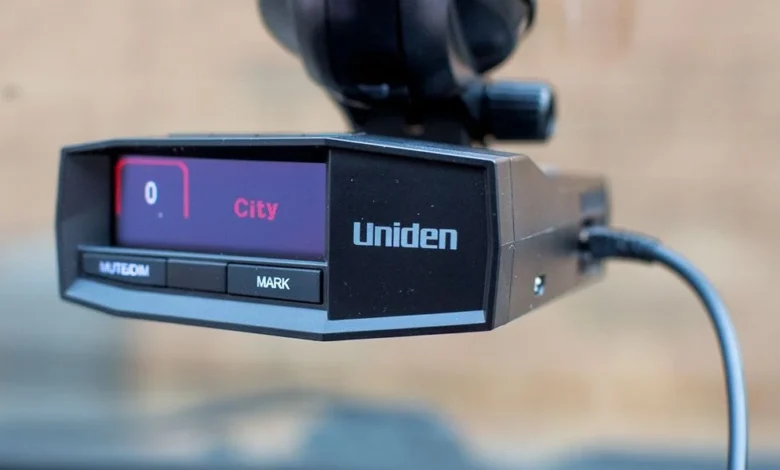
In today’s fast-paced world, staying ahead on the road requires more than just skillful driving; it calls for the right technology. As we venture into 2025, the best radar detectors on the market have become essential tools for drivers looking to navigate with confidence and avoid costly speeding tickets. Whether you’re a frequent highway traveler or simply want peace of mind during your daily commute, having a top-notch radar detector can make all the difference. In this guide, we’ll explore the best radar detectors on the market in 2024, examining their features, performance, and what sets them apart in the ever-evolving landscape of road safety technology.
#1 Uniden R8
Let’s talk about the Uniden R8—a radar detector that doesn’t just play the game; it changes the rules. Right off the bat, this device hits you with its impressive detection range, making you wonder if it’s channeling some kind of radar wizardry. It nails that sweet spot between being annoyingly chatty and eerily silent, delivering alerts with just the right amount of confidence. Imagine driving and knowing you have a solid 2.0 miles of frontal detection warning—enough time to adjust your speed, double-check your surroundings, and maybe even finish your coffee. Among the top radar detectors 2024, the Uniden R8 stands out as a beacon of reliability and performance, ensuring you stay one step ahead on the road.
What sets the Uniden R8 apart isn’t just its ability to pick up signals from every direction—though that’s certainly a plus. It’s the fact that it’s undetectable by Spectre Elite. Yes, you read that right. While other radar detectors might get you busted for simply having them, the R8 is like a stealth ninja, avoiding detection from police radar detector scanners. And let’s not forget its eye-friendly display, which ensures you’re not squinting at tiny, hard-to-read alerts. Plus, with its auto-mute memory, those annoying false alerts on your regular routes become a thing of the past.
Now, let’s address the elephant in the room: the design. Sure, the Uniden R8 might be a bit chunky, but honestly, most radar detectors aren’t winning beauty contests. When you weigh this against its stellar performance and the fact that it keeps getting better with free firmware updates, the bulkiness becomes a minor quibble. The price? High, but think of it as an investment in peace of mind and fewer speeding tickets. If you’re hunting for a radar detector that’s as clever as it is reliable, the Uniden R8 should be at the top of your list.
#2 Valentine V1 Gen 2
The Valentine V1 Gen 2 is a radar detector that doesn’t just sit on the shelf; it commands attention. With its unmatched detection distances, it’s clear why this model has been a staple in the radar detection scene. The V1 Gen 2’s 2.1-mile rear detection is a standout feature, outpacing the Uniden R8 by a significant half-mile. If you’re looking for the ultimate in detection range, this device has you covered.
Setting up the V1 Gen 2 is straightforward, thanks to the V1 Connection app and Bluetooth 5.0. This combination makes it easy to hide the detector if needed, while still offering seamless control. The app integration simplifies the initial setup process, ensuring that even those less tech-savvy can get up and running quickly.
However, the V1 Gen 2 is known for being very chatty. This could either be a plus or a minus, depending on your preferences. If you like being alerted to every possible radar signal, you’ll appreciate this feature. On the downside, the lack of GPS lockout for remembering false alerts means you might get more notifications than you’d like. If you prefer a quieter ride and trust in false-alarm filtering, you might want to look elsewhere.
#3 Escort Redline 360c
The Escort Redline 360c is not just any radar detector; it’s Escort’s top-tier offering, packed with features that justify its hefty price tag. While it didn’t lead the pack in detection distance, it was certainly respectable, falling squarely in the middle. With only three false alerts during our testing, it balanced performance quite well. The real selling point here is the abundance of features—and there’s no shortage of them.
One of the standout aspects of the Redline 360c is its invisibility to RDD (Radar Detector Detectors), which is a significant advantage for those who want to keep their radar detecting discreet. The auto-learn mode is another impressive feature, filtering out repeated false alerts and making your drive less interrupted. Additionally, the Drive Smarter community acts like a Waze for radar detectors, where users can share real-time information about speed traps and staked-out cops. The ticket guarantee policy that comes with it is a nice touch, offering some peace of mind.
However, at $800, we were expecting a bit more bang for our buck. While it performs well, it doesn’t blow away the competition in terms of detection distances. Its weak 90-degree detection is a bit of a letdown. On the upside, it does win in the aesthetics department, looking the sleekest among a generally chunky bunch. If you value advanced technology, a plethora of features, and a stylish appearance, the Redline 360c is a top contender. Just be prepared to pay for it.
#4 Uniden DFR7
If you’re hunting for a budget-friendly radar detector that gets the job done without all the bells and whistles, the Uniden DFR7 might just be your perfect match. It’s a no-frills, reliable device that offers great value for the price. Sure, it doesn’t come with high-end features like directional notifications or stealth mode against radar detector detectors, but for what it costs, it does exactly what you need it to do.
One thing to note is that the detection ranges are a bit lower compared to the competition. It’s not dangerously low, but you won’t get the same early warnings you’d expect from pricier models. However, the DFR7 makes up for it with its manual GPS lockout, allowing you to filter out those pesky false alerts on your usual routes. It’s also incredibly quiet, with only two false alarms during our tests. The one downside? The screen can be tough to read, especially on sunny days.
Despite its shortcomings, the Uniden DFR7 is an incredible value for money. If you can splurge on a top-tier radar detector, that’s always a good move. But if you’re on a budget and need something reliable, the Uniden DFR7 is a solid pick that won’t disappoint.
#5 Radenso DS1
The Radenso DS1 is a solid radar detector that offers a mix of useful features without necessarily standing out in any particular area. As part of the top rated radar detectors 2024, its 2.0-mile frontal detection range is impressive, ensuring you have plenty of time to adjust your speed. However, it does fall short in rear and 90-degree detection distances, which is a bit disappointing given its price point.
One of the highlights of the DS1 is its automatic GPS lockout, which helps to filter out false alerts effectively. The easy-to-read, color-customizable screen is another plus, making it user-friendly and adaptable to your preferences. The screen auto-dims, so it’s never too bright or too dim, adding to the overall driving comfort. Additionally, its small size and sleek design make it a subtle and attractive addition to your vehicle.
While it’s on the quieter side with just two false alarms during testing, this could be seen as a benefit if you prefer fewer interruptions. The Radenso DS1 is also Bluetooth-compatible with Radenso’s Nexus app, allowing for easy updates and seamless integration with your smartphone. Despite not being the standout in any single category, the DS1 maintains Radenso’s reputation for reliable and effective radar detectors. If you’re a fan of the brand, this model keeps the legacy intact.
Are radar detectors legal in California?
In California, you’re good to go with radar detectors as long as they aren’t mounted on your windshield, which could obstruct your view.
Are radar detectors legal in Texas?
Texans can use radar detectors in their personal vehicles without worry, but if you’re driving a commercial vehicle, that’s a different story—they’re not allowed.
Are radar detectors legal in Florida?
Radar detectors are fine in Florida for private cars, but commercial vehicles over 10,000 pounds can’t use them.
Are radar detectors legal in Michigan?
In Michigan, feel free to use a radar detector in your personal car. Just be aware that commercial vehicles over 10,000 pounds are out of luck.
Are radar detectors legal in Ohio?
Ohio doesn’t have any special rules against radar detectors, so you’re free to use them in both private and commercial vehicles.
Are radar detectors legal in Kansas?
Kansas allows radar detectors in private vehicles, but commercial vehicles over 10,000 pounds can’t use them.
Are radar detectors legal in Maryland?
In Maryland, radar detectors are perfectly legal for private use. However, commercial vehicles are restricted.
Are radar detectors illegal in Illinois?
Illinois is a bit stricter—radar detectors are legal in private vehicles but banned in commercial ones.
Are radar detectors legal in Alabama?
Alabama gives the green light for radar detectors in private vehicles, with no restrictions for commercial vehicles.
Are radar detectors legal in Tennessee?
Tennessee allows radar detectors for private use, but not for commercial vehicles over 10,000 pounds.
Are radar detectors legal in Mississippi?
In Mississippi, you’re free to use a radar detector in your private vehicle, but commercial vehicles are restricted.
Are radar detectors legal in Indiana?
Indiana is pretty lenient, allowing radar detectors in both private and commercial vehicles without specific restrictions.
Are radar detectors legal in Minnesota?
In Minnesota, private vehicle owners can use radar detectors, but commercial vehicle operators cannot.
Are radar detectors legal in Oklahoma?
Oklahoma residents can use radar detectors in their private vehicles, but not in commercial ones over 10,000 pounds.
Are radar detectors legal in Oregon?
In Oregon, radar detectors are allowed in private vehicles without any issues, but commercial vehicles over 10,000 pounds can’t use them.
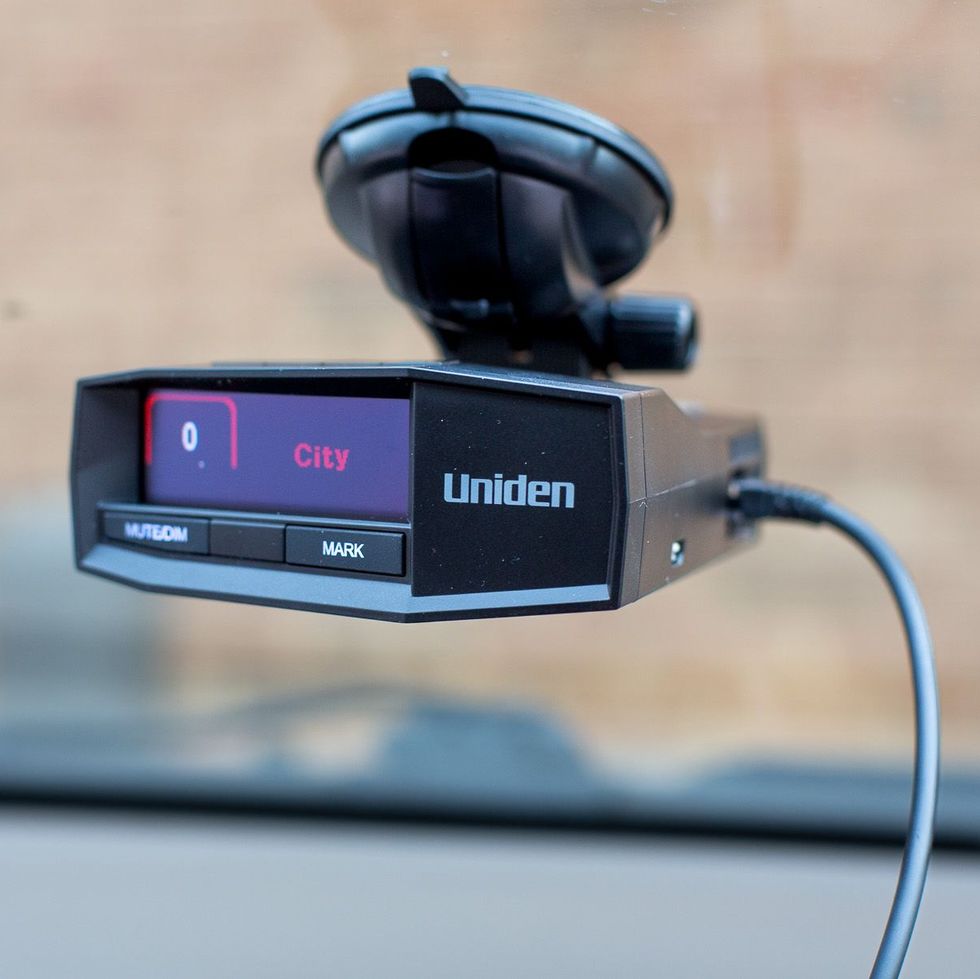
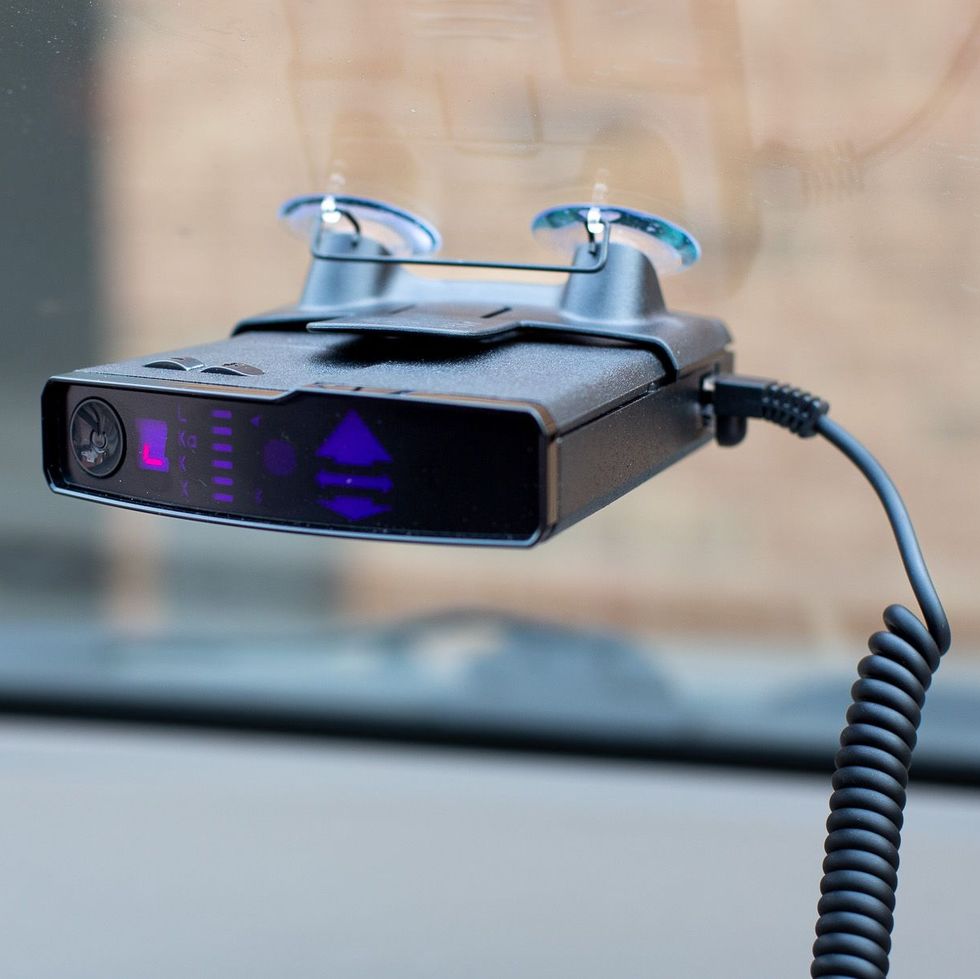
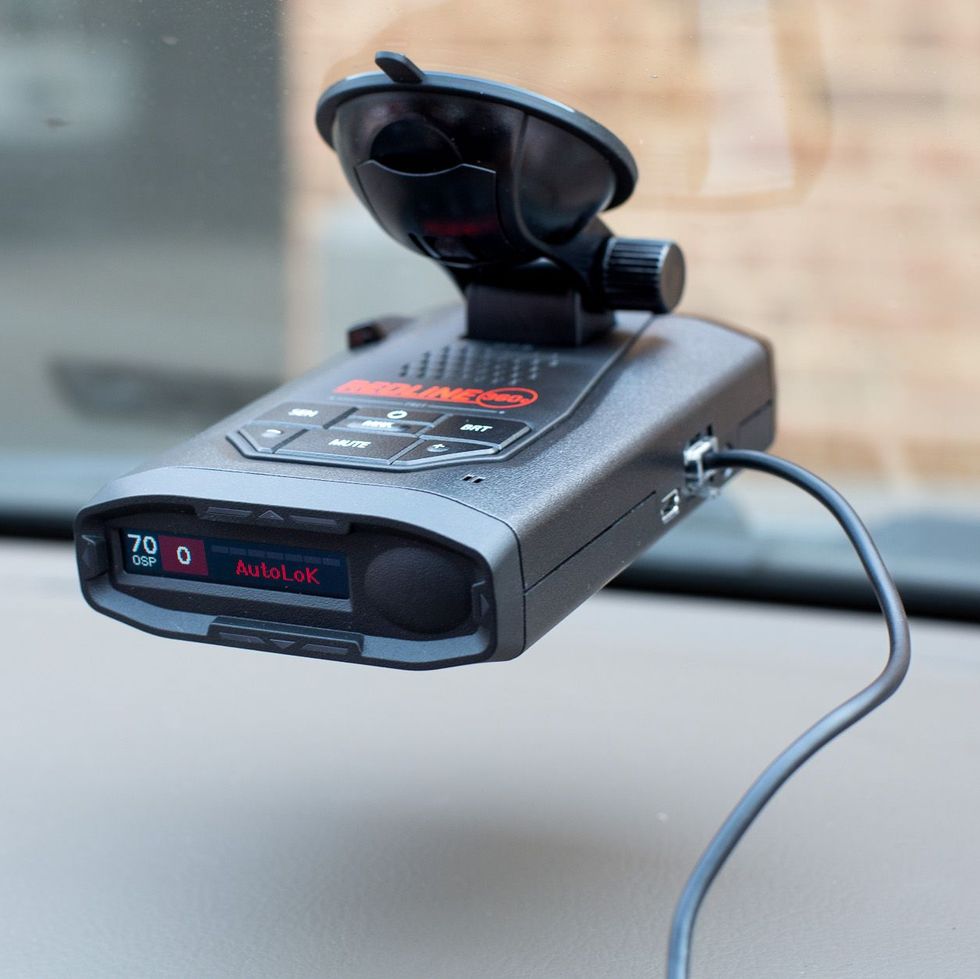
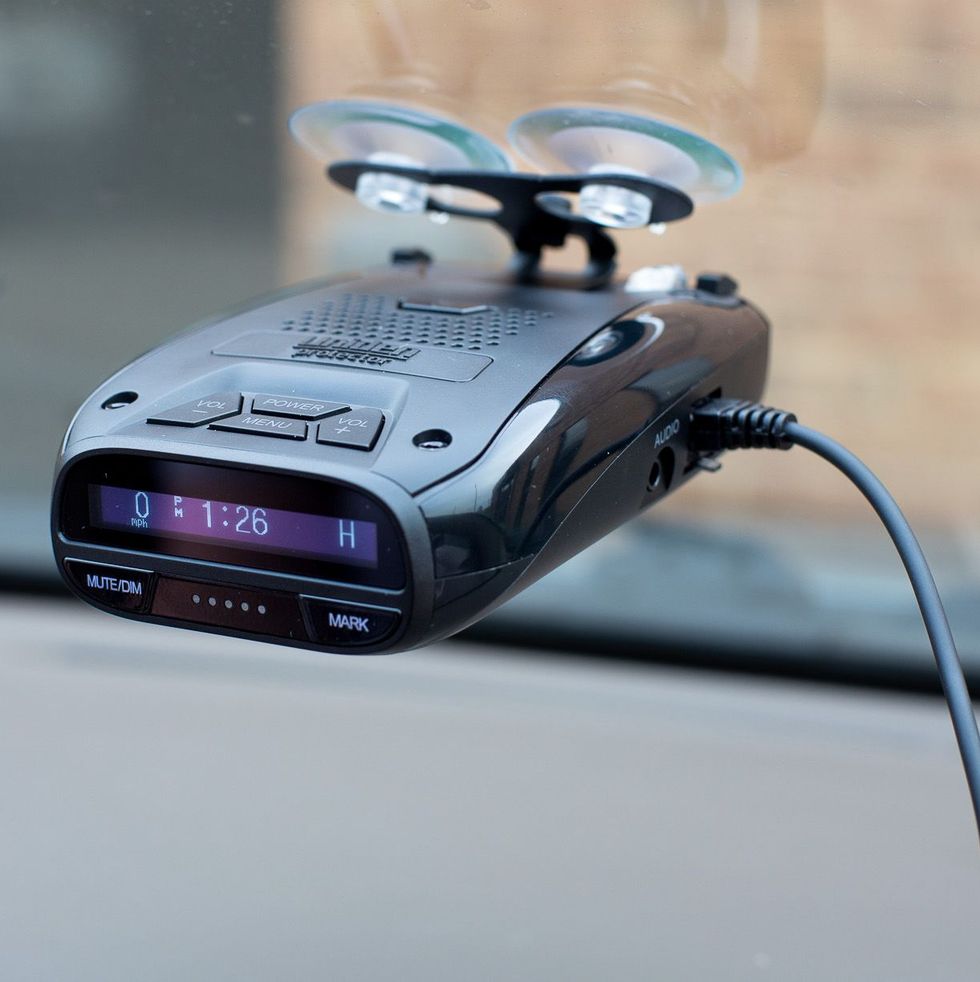
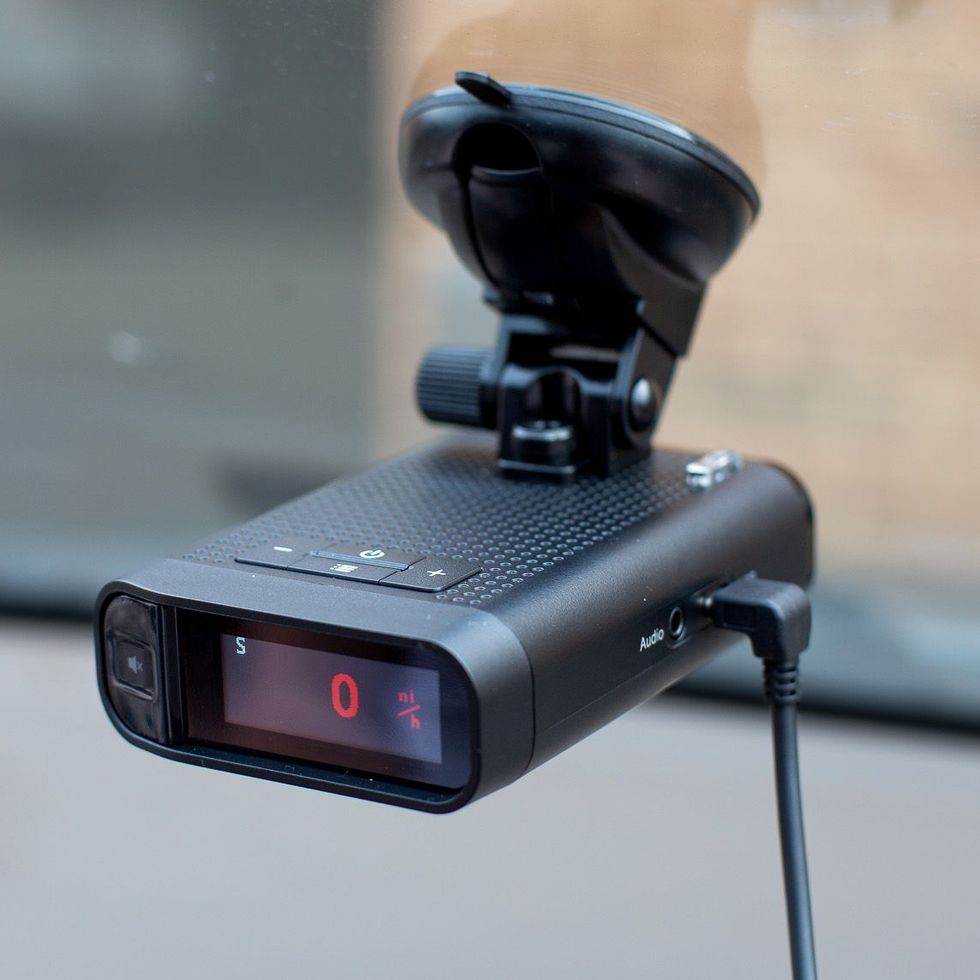
One Comment